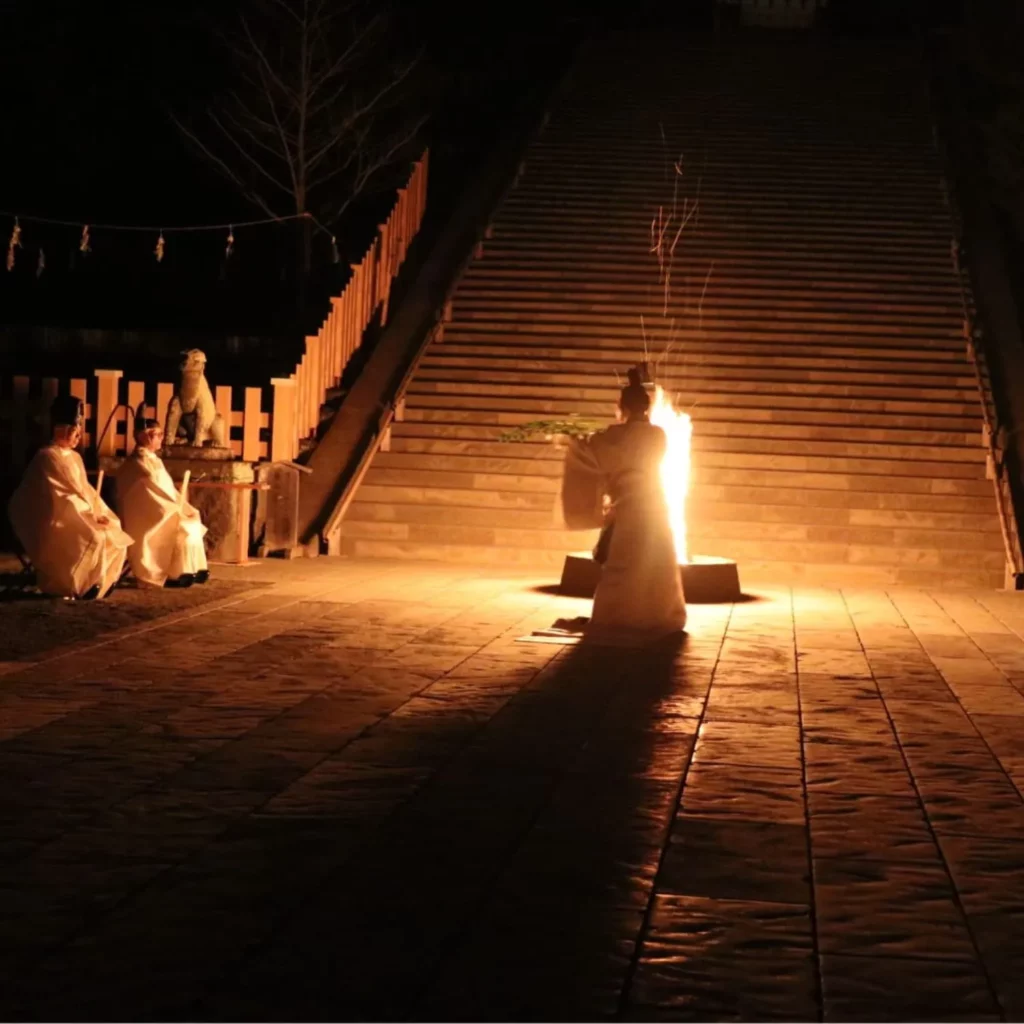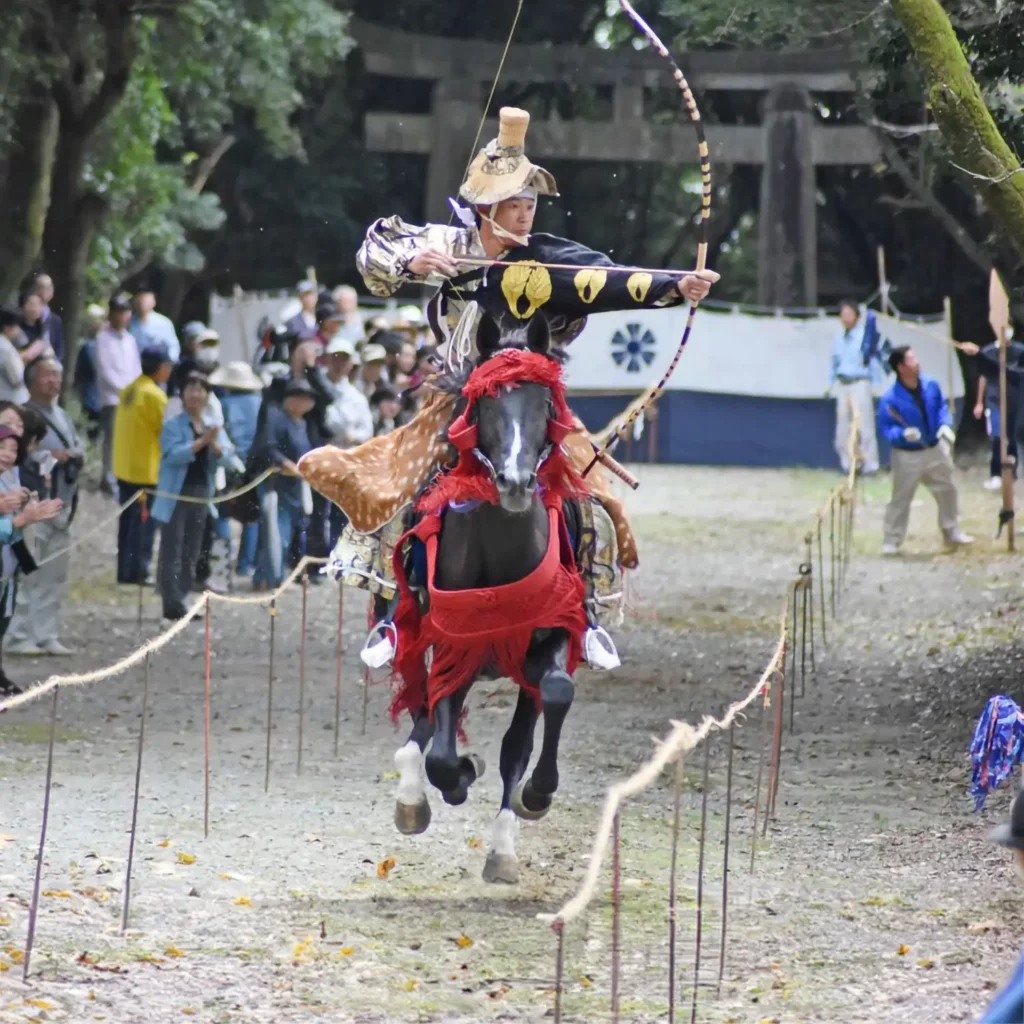What is Kanname-sai ?
Kanname-sai, or “Festival of Good Harvests,” is an annual Japanese festival dedicated to the harvest. This festival, celebrated in October, thanks the gods for their blessings and abundant harvests. It takes place mainly in Ise Shrine, a sacred place in Japan.
The Origin of the Festival of Good Harvests
Kanname-sai is rooted in Japanese Shinto tradition. The festival expresses the gratitude of farmers to Amaterasu, goddess of the sun. Indeed, the Japanese believe that she protects the crops and ensures their abundance. The festival is held every year to honor this relationship sacred between humans and nature.
Its Sacred Ceremony at Ise Shrine
The Kanname-sai celebrations begin with a grand ceremony at Ise Shrine. Shinto priests present the first harvests of rice, fruits and vegetables to the goddess Amaterasu. They pray for the prosperity of future harvests and for peace in the country. The ceremony is performed in accordance with ancient Shinto rituals, thus strengthening the attachment to tradition.
A Moment of Communion with Nature
The Festival of Good Harvests or Kanname-sai is not only a religious ceremony. It also symbolizes the Japanese people’s deep respect for nature. During the festival, participants take awareness of the work needed to obtain harvests. They reconnect with the earth and its cycles.
Kanname-sai Activities and Festivities
During Kanname-sai, various events and traditional dances take place around the shrines. The inhabitants prepare offerings and decorate the places with sacred objects. Shows and processions animate the streets, attracting many visitors. This festival creates a joyful atmosphere and allows families to get together.
Why Attend the Festival in Japan ?
Participating at the Festival of Good Harvests offers a total immersion in Japanese culture and Shintoism. Visitors discover age-old rituals and deep spirituality. This festival reminds us of the importance of gratitude and respect for nature.





